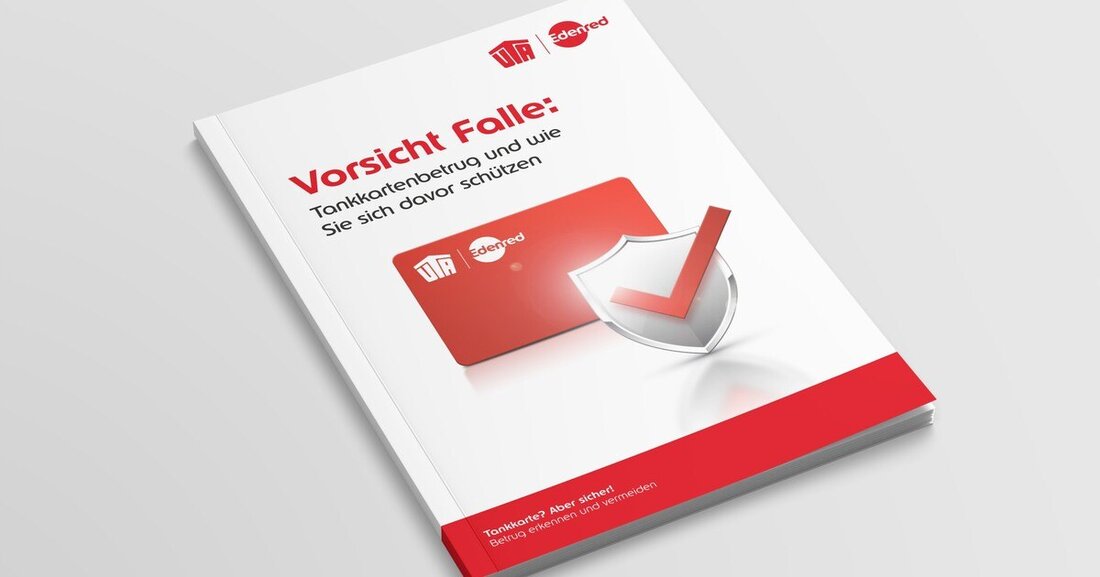Fuel card fraud is on the rise
UTA, a provider of fuel and service cards in Europe, is seeing an increase in fuel card fraud and is giving fleet operators tips on how to protect themselves from fuel card misuse.

Fuel card fraud is on the rise
The use of fuel cards is continually increasing. According to estimates by the US market research institute Allied Market Research, the volume of the global fuel card market, which was still at 672 billion US dollars in 2019, will almost double by 2027. The advantages of fuel cards for fleet managers and drivers are obvious: more security and convenience through cashless processing, more transparency and easier administration through clear invoicing, favorable conditions and mobility services that go beyond fuel purchases. But with the increasing popularity of fuel and service cards, the risk of fraud also increases. From 2019 to 2020 alone, the number of cases of fuel card fraud increased noticeably.
Sophisticated fraudsters
By far the most common type of fraud is card skimming and copying, which accounts for the majority of all fraud cases in the last three years. Card data is stolen during a POS transaction by the cashier or via the card reader. Sometimes this fraud is committed together with the cardholder in exchange for money, with around 1,000 euros per card being paid by criminals to cooperating cardholders. The stolen data is used to produce a duplicate card, often modeled after a real or expired fuel card. Technologies such as Bluetooth or WiFi are also increasingly being used to transmit card data from skimming devices inserted into card readers. Criminals sometimes also install devices in the card readers that prevent the card from being issued again after the process has been completed. Such devices are used in conjunction with a small camera to capture the PIN number as it is entered. When the cardholder returns to their vehicle, the criminal removes the device and takes the card. Copied fuel cards are usually used at unmanned gas stations or at automatic payment terminals at manned gas stations - very often at off-peak times, at night or on weekends.
Knowledge protects
“The security of fuel cards and transactions is the key success factor for mobility service providers,” says Carsten Bettermann, CEO of UTA, one of the leading providers of fuel and service cards in Europe and part of the Edenred Group. UTA has its own fraud detection and card security team and works closely with law enforcement agencies. UTA has compiled the findings, experiences and best practices from its own security measures in the current white paper “Beware of the trap: fuel card fraud and how to protect yourself from it”. Here you can download it for free: https://web.uta.com/loesungen/uta-academy/vorsicht-falle-tankkartenbetrug-und-wie-sie-sich-davor-schuetzen

 Suche
Suche
 Mein Konto
Mein Konto